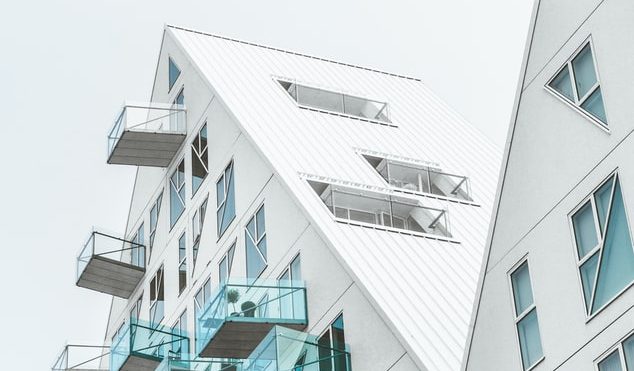Mixed-use buildings and developments were once the standard in American urban centers, but things changed as people increasingly embraced automobiles and life in the suburbs. Today, however, growing urban populations and calls for more eco-friendly urban planning are giving mixed-use buildings a second life. Here’s why they may be major players in the future of urban design.
More Efficient Uses of Space
Mixed-use buildings generally come in two varieties: vertical and horizontal. Vertical developments place commercial properties on lower floors closer to the street while reserving upper floors for more private uses, such as office spaces, hotel rooms, and residences. Horizontal developments incorporate the same types of spaces in a lower, more spread out “neighborhood” design. Both types of mixed-use buildings allow developers to put many usable units into a more compact and efficient space.
Smaller Environmental Footprint
Most mixed-use buildings are designed to be easily navigated on foot, and many are also built near or even alongside public transportation hubs. Because many residents and business owners will inevitably use their personal vehicles less, or get rid of them altogether, traffic and air pollution can be reduced considerably. Additionally, more compact developments and neighborhoods will contribute to less urban sprawl and more green spaces.
Economic Advantages
Because mixed-use communities are denser, they often offer more property tax revenue to municipalities. They can also lead to fewer costs to maintain police forces, fire departments, trash collection, and sewer systems. And as more residents choose to walk, bike, or take public transportation to get around, roads, bridges, and other areas of infrastructure will receive less wear and tear, costing less money over time.
As city populations grow, the space-saving efficiency of mixed-use buildings will inevitably play a large role in the future of urban design. Always looking forward, our team at Pascal Architects takes a practical and proactive approach to architectural design, forensic building analysis, and historic restorations in New Orleans. Explore some of our projects or fill out a contact form to learn more about our services.

